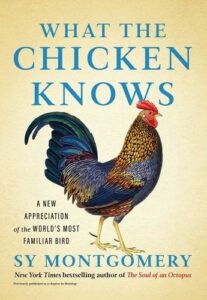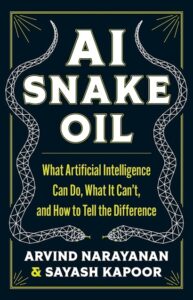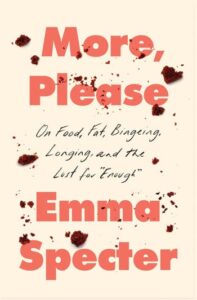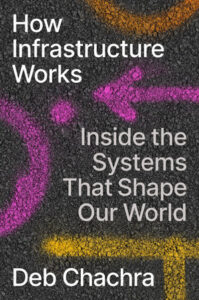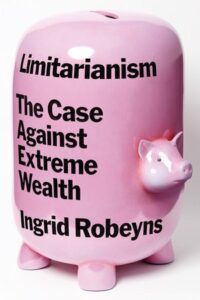Welcome to the latest installment of “Five Words From …” our series which highlights interesting words from interesting books! In this installment, Liz Pelly’s Mood Machine: The Rise of Spotify and the Cost of the Perfect Playlist explains Spotify’s influence on the modern music business, and how it’s reshaped the experience of both listening to and creating music.
“The writer Rob Horning once argued in his newsletter that datafication, or the process of rendering our lives as data, is ‘first and foremost a kind of surveillance designed to impose classification and norms on the surveilled while devaluing whatever ways they understand themselves.’”
Places such as the Data Justice Lab investigate the social justice implications of how personal data is used by corporations for profit.
“In the hands of major labels and streambait consultants, AI was looking likely to become just another tool of what Cory Doctorow called platform decay, or “enshittification,” and it was all going to be monetized by streaming.”
Doctorow explains enshittification as “Here is how platforms die: first, they are good to their users; then they abuse their users to make things better for their business customers; finally, they abuse those business customers to claw back all the value for themselves. Then, they die.”
“By the end of 2007, the freemium business model—which included ad-supported and subscription-based tiers, with the goal of funneling users from free to paid—was created as a deep collaboration between Spotify and the [record] labels.”
Freemium as a business model has been extensively analyzed and studied to make it more effective.
“Spotify’s emphasis on selling the feeling of potential also reflects a broader tendency of 2010s platform capitalism: the prevalence of hope labor, a term that academics have used to frame the aspirational work that users do for free in hopes that it will lead to future work.”
Similar to artists being asked to do things for “exposure,” hope labor offers merely the chance to be recognized rather than fair pay.
“In the lean-back listening environment that streaming had helped champion, listeners often weren’t even aware of what song or artist they were hearing.”
The opposite of “lean-back” listeners are the “lean-forward” listeners, who know what kind of music they want to listen to and actively seek it out.
Got a book you’d like to see given the “five words from” treatment? Nominate it through this form, or email us!
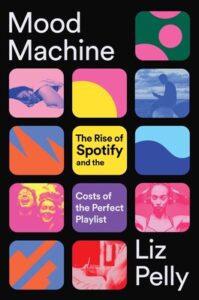
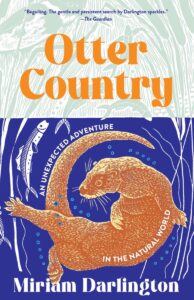 Welcome to the latest installment of “Five words from …” our series which highlights interesting words from interesting books! In this installment, we follow nature writer
Welcome to the latest installment of “Five words from …” our series which highlights interesting words from interesting books! In this installment, we follow nature writer 